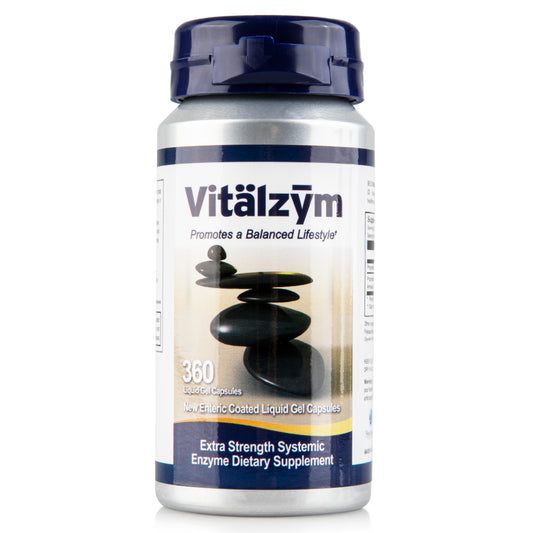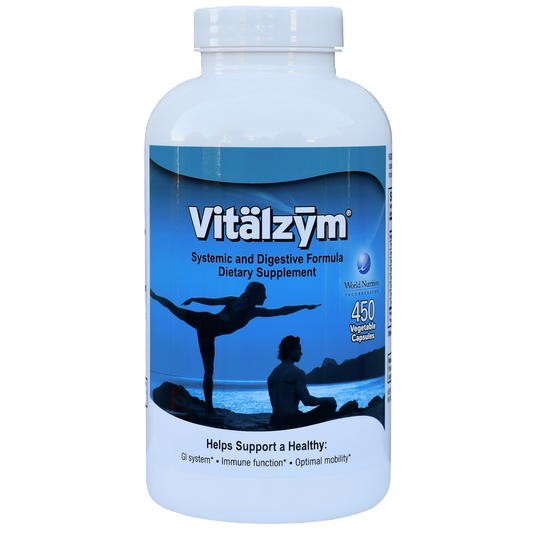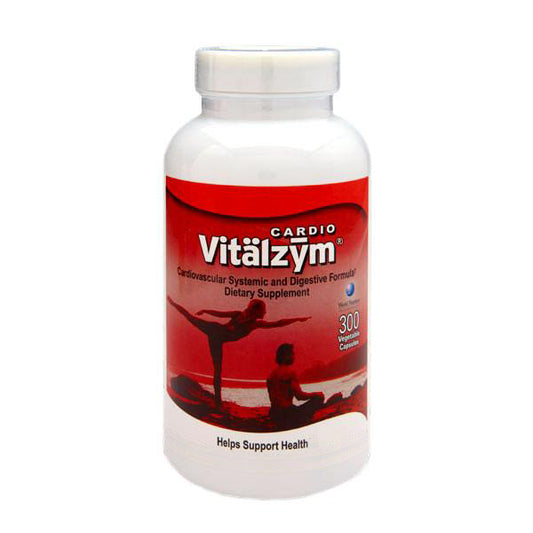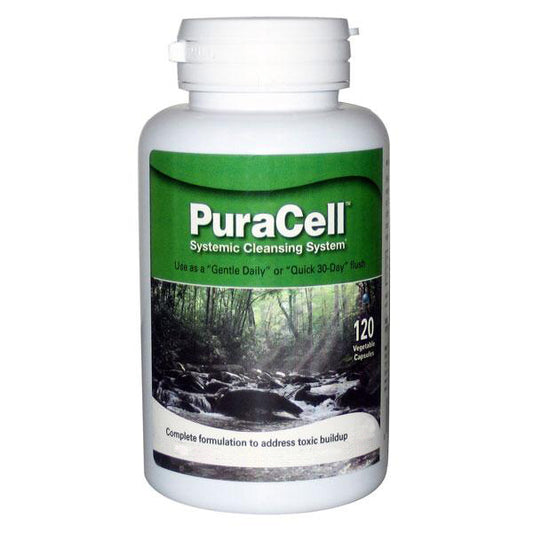For those dedicated to enhancing their digestive health, digestive enzymes offer a promising solution. But does the timing of their intake matter? This article delves into the effects of taking digestive enzymes after eating, examining the science behind their function, the potential health benefits, and expert tips to ensure you get the most out of these supplements.
What Happens If You Take Digestive Enzymes After Eating?
Enhanced Digestion and Nutrient Absorption
Taking digestive enzymes after eating can lead to enhanced digestion and improved nutrient absorption. These enzymes assist in breaking down complex carbohydrates, proteins, and fats, making it easier for the body to absorb essential nutrients. This can be particularly beneficial for individuals with digestive issues or those who consume a diet rich in complex foods that are harder to digest.
Reduction of Digestive Discomfort
Post-meal enzyme intake can help reduce common digestive discomforts such as bloating, gas, and indigestion. By aiding in the efficient breakdown of food and the absorption of nutrients, digestive enzymes can prevent the buildup of undigested food in the gut, which often leads to these uncomfortable symptoms. This can result in a more comfortable and pleasant post-meal experience.
Individual Variability and Effectiveness
The effectiveness of taking digestive enzymes after eating can vary based on individual digestive health and the specific enzymes used. Some people may find significant relief and improved digestion, while others may notice minimal changes. Factors such as the type of food consumed, the individual's digestive enzyme production, and overall gut health play a role in how well post-meal enzyme supplementation works.
Importance of Professional Guidance
Consulting with a healthcare provider is crucial when considering the use of digestive enzymes after meals. A professional can help determine the appropriate type and dosage of enzymes based on individual health needs and digestive concerns. This personalized approach ensures that the benefits of enzyme supplementation are maximized while minimizing potential side effects.

Do Digestive Enzymes Help with Bloating After Eating?
Digestive enzymes can indeed help alleviate bloating after eating by enhancing the breakdown of food in the digestive tract. When food is not properly digested, it can ferment in the gut, leading to the production of gas and subsequent bloating. By supplementing with digestive enzymes, individuals can improve the efficiency of their digestive process, reducing the likelihood of undigested food lingering in the intestines. This can result in a significant reduction in bloating and other related discomforts, making post-meal experiences more comfortable and enjoyable.
How Long Do Digestive Enzymes Stay in Your Gut?
Digestive enzymes typically remain active in the gut for a few hours after ingestion, depending on various factors such as the type of enzyme, the individual's digestive health, metabolism, and the presence of food in the stomach. These enzymes start working almost immediately upon entering the digestive tract, particularly in the small intestine, breaking down food particles to facilitate nutrient absorption. Their activity generally peaks within the first hour or two after consumption and gradually diminishes as they complete their task. However, the exact duration can vary, and consulting with a healthcare provider can provide more personalized insights based on individual digestive needs and health conditions.
Should I Take Digestive Enzyme Supplements After Eating or Before?
The timing of taking digestive enzyme supplements—whether before or after eating—can influence their effectiveness. Taking enzymes before a meal can prepare the digestive system to break down food more efficiently as soon as it enters the stomach, potentially preventing digestive discomfort. On the other hand, taking enzymes after eating can help address any immediate digestive issues by aiding in the breakdown of food that is already in the digestive tract. Both approaches have their benefits, and the best timing may depend on individual digestive health and specific needs. Consulting with a healthcare provider can help determine the most effective timing for enzyme supplementation and probiotics to optimize digestive health and comfort.
How To Incorporate Digestive Enzymes Into Your Daily Routine
- Consult a Healthcare Provider: Before starting any supplement regimen, consult with a healthcare provider to determine the appropriate type and dosage of digestive enzymes based on your individual health needs.
- Choose the Right Enzymes: Select digestive enzymes that target the specific types of food you consume most frequently, such as protease for proteins, amylase for carbohydrates, and lipase for fats.
- Read Labels Carefully: Follow the dosage instructions on the supplement label to ensure you are taking the correct amount for optimal effectiveness.
- Timing Matters: Decide whether to take the enzymes before, during, or after meals based on your digestive needs and the advice of your healthcare provider.
- Stay Consistent: Incorporate the enzyme supplements into your daily routine by taking them at the same time each day to establish a habit and ensure consistent benefits.
- Monitor Your Body's Response: Pay attention to how your body responds to the enzymes and adjust the timing or dosage as needed, in consultation with your healthcare provider.
- Combine with a Balanced Diet: Support the effectiveness of digestive enzymes by maintaining a balanced diet rich in whole foods, fiber, and adequate hydration.
- Store Properly: Keep the enzyme supplements in a cool, dry place to maintain their potency and effectiveness over time.
Do I Need To Drink More Water When Taking Digestive Enzymes?
Yes, drinking more water when taking digestive enzymes can enhance their effectiveness and support overall digestive health. Water aids in the proper dissolution and distribution of enzymes throughout the digestive tract, ensuring they can efficiently break down food particles. Adequate hydration also helps maintain the mucosal lining of the stomach and intestines, facilitating smoother digestion and nutrient absorption. Additionally, water can help prevent potential side effects such as constipation or discomfort that may arise from enzyme supplementation. Therefore, increasing water intake while taking digestive enzymes can contribute to a more effective and comfortable digestive process.
Conclusion
Incorporating digestive enzymes into one's daily routine can significantly enhance digestive health, alleviate discomfort, and improve nutrient absorption. Understanding the optimal timing for enzyme intake, whether before or after meals, and consulting with a healthcare provider can maximize their benefits. By addressing common digestive issues such as bloating and indigestion, digestive enzymes offer a natural and effective solution for those seeking to optimize their overall well-being. With the right approach and consistent use, these supplements can become a valuable addition to a health-conscious lifestyle, ensuring a more comfortable and efficient digestive process.
Final Thoughts
Experience the outstanding benefits of World Nutrition's Vitalzym Extra Strength, an elite vegetarian enzyme supplement designed to boost enzyme levels, fortify immunity, and hasten recovery. Enhance your vitality with its robust combination of serrapeptase, bromelain, and papain. Check out World Nutrition today for premium health supplements.
Sources
- https://drnealsmoller.com/blog/the-guide-to-digestive-enzymes/
- https://www.richmondgastro.com/post/increase-your-water-intake-for-good-digestive-health-weight-loss
- https://fastercapital.com/topics/the-importance-of-consulting-a-healthcare-professional.html
These statements have not been evaluated by the food and drug administration (FDA). These products are not intended to diagnose, treat, cure, or prevent any disease.







